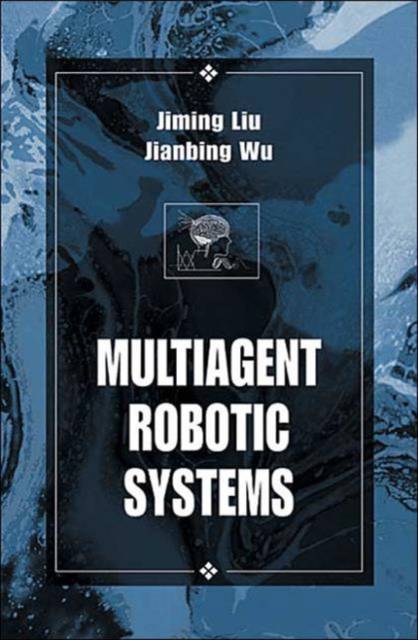
- Retrait gratuit dans votre magasin Club
- 7.000.000 titres dans notre catalogue
- Payer en toute sécurité
- Toujours un magasin près de chez vous
- Retrait gratuit dans votre magasin Club
- 7.000.0000 titres dans notre catalogue
- Payer en toute sécurité
- Toujours un magasin près de chez vous
Description
Providing a guided tour of the pioneering work and major technical issues, Multiagent Robotic Systems addresses learning and adaptation in decentralized autonomous robots. Its systematic examination demonstrates the interrelationships between the autonomy of individual robots and the emerged global behavior properties of a group performing a cooperative task. The author also includes descriptions of the essential building blocks of the architecture of autonomous mobile robots with respect to their requirement on local behavioral conditioning and group behavioral evolution.
After reading this book you will be able to fully appreciate the strengths and usefulness of various approaches in the development and application of multiagent robotic systems. It covers:
Earlier works have focused primarily on how to navigate in a spatially unknown environment, given certain predefined motion behaviors. What is missing, however, is an in-depth look at the important issues on how to effectively obtain such behaviors in group robots and how to enable behavioral learning and adaptation at the group level. Multiagent Robotic Systems examines the key methodological issues and gives you an understanding of the underlying computational models and techniques for multiagent systems.
Spécifications
Parties prenantes
- Auteur(s) :
- Editeur:
Contenu
- Nombre de pages :
- 328
- Langue:
- Anglais
- Collection :
Caractéristiques
- EAN:
- 9780849322884
- Date de parution :
- 30-05-01
- Format:
- Livre relié
- Format numérique:
- Genaaid
- Dimensions :
- 159 mm x 246 mm
- Poids :
- 644 g

Les avis
Nous publions uniquement les avis qui respectent les conditions requises. Consultez nos conditions pour les avis.






